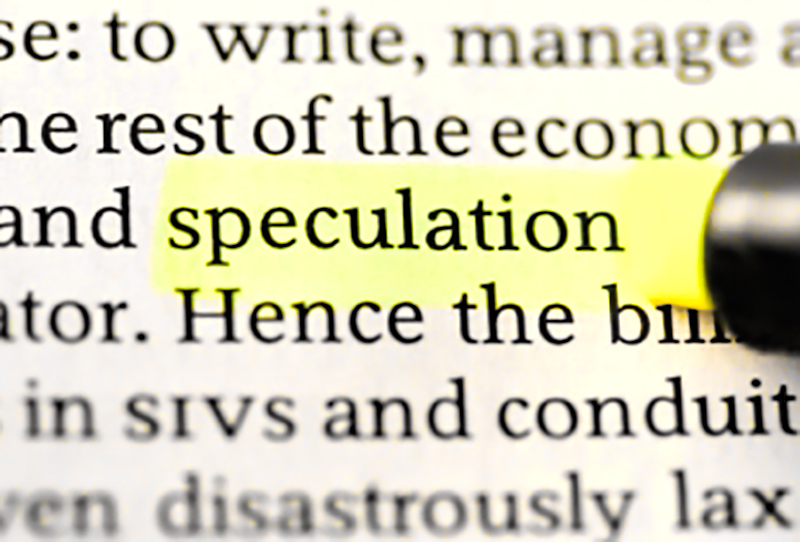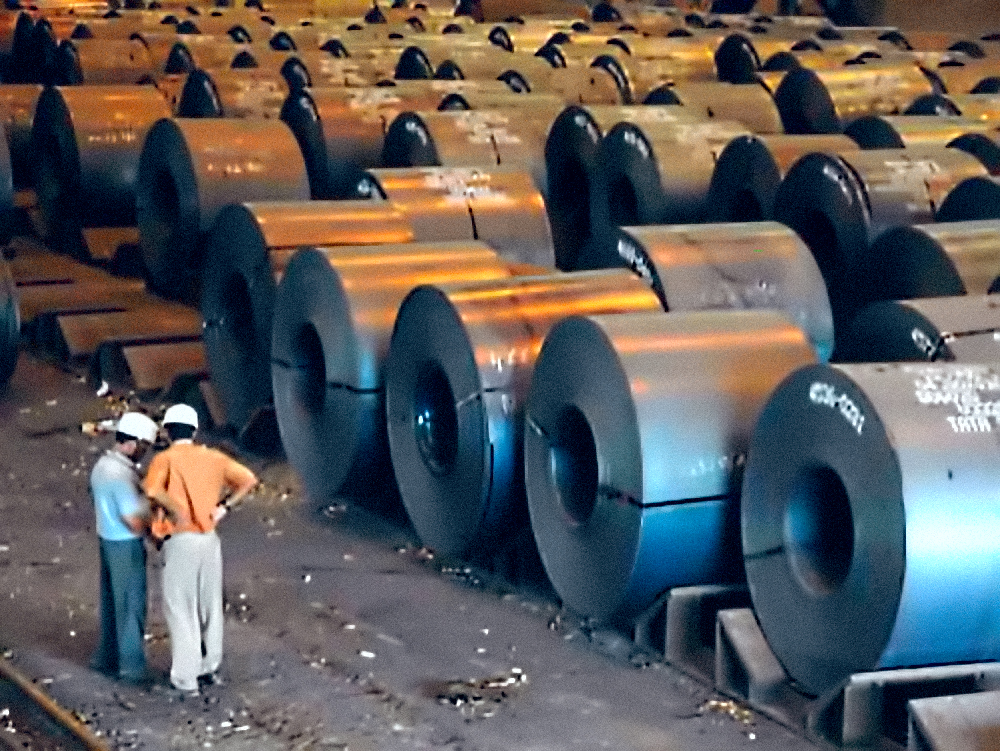by Ben Carlson, A Wealth of Common Sense
It was the spring of 1976. Investors were still licking their wounds from the severe bear market of 1973-74. Donaldson, Lufkin & Jenrette, an investment bank, was hosting a conference that matched two investing legends onstage at the same time — Ben Graham and Charles Ellis.
Ellis, moderating a Q&A, asked Graham why the mid-1970s were such a disaster in the stock market for most investors. Graham replied that, “most investment professionals, although possessing above average intelligence, lacked an overall understanding of common stocks.”
As told by Robert Hagstrom in his book Latticework: The New Investing, here’s where Ellis and Graham picked up after the conference:
After the seminar, Graham and Ellis spent some time together, and the conversation continued. The problem with our industry, Graham insisted, is not speculation per se; speculation has always been a part of the market and always will be. Our failure as professionals, he went on, is our continuing inability to distinguish between investment and speculation. If professionals can’t make that distinction, how can individuals investors? The greatest danger investors face, Graham warned, is acquiring speculative habits without realizing they have done so. Then they will end up with a speculator’s return — not a wise move for someone’s life savings.
Most investors assume that speculation deals only with the greater fool theory, which is occurs when an investment isn’t determined by it’s fundamental value, but what someone else is willing to pay for it in the future. In this case, speculation is something that happens when there’s an extreme amount of froth in the markets and investors are trying to ride a bubble before it bursts in the hopes that someone else will buy from them at an ever higher price.
This is a form of speculation, but probably not the worst culprit for losses because bubbles are rare.
I look at speculation from a different angle. In my mind, you become a speculator when you start making decisions outside of a well-defined process or don’t have one to begin with. If you have no plan, you are speculating. If you’re constantly shooting from the hip to make decisions, you’re a speculator. If you’re paralyzed by fear every time the market goes down and you don’t know what to do with your portfolio, that’s a form of speculation. The same thing applies when you have no plan for how to handle a bull market (something many investors are grappling with at the moment).
Whenever I hear someone asks if they should be buying or selling stocks here, my initial reaction is that they probably don’t have an investment plan in place and they’re more or less just winging it. This doesn’t mean they won’t be right every once and a while, but investing without a process is a sure way to lose money over the long haul, which is the only time frame that matters.
A systematic process is how you impose discipline on your lesser self, the one that makes all of the mistakes at the wrong times. Without a set of guidelines or principles to follow you’ll be constantly second-guessing every move you make after the fact. No one is right all the time, but without a consistent process you’ll be judging yourself against an impossible benchmark — short-term market fluctuations — a no-win situation.
This doesn’t mean that you can’t make any discretionary decisions within your portfolio, but try to remember that the easiest person to fool is yourself. It helps to make it a high hurdle to be able to use judgement calls within an investment plan.
As Warren Buffett once said, “Risk comes from not knowing what you’re doing.” Having a systematic process mitigates this risk to a large degree. It doesn’t shield you from the risk of losses, but it does decrease the chances that you’re speculating with your life savings.
Source:
Latticework: The New Investing
Further Reading:
Benjamin Graham: Father of the Efficient Market Hypothesis?
Charles Ellis on Values Discovery
Copyright © Ben Carlson, A Wealth of Common Sense
















